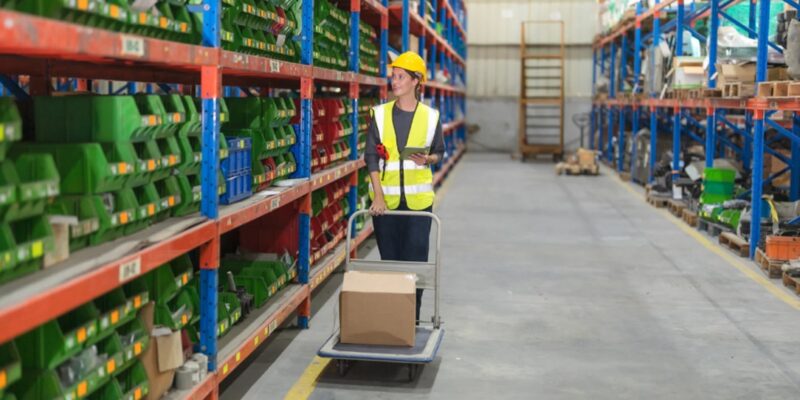Sustainability has become a core focus in modern supply chain operations. As businesses and consumers alike grow more environmentally conscious, transport and warehouse logistics are evolving to meet these expectations. From reducing emissions to minimizing waste, sustainable logistics practices are no longer optional—they’re a strategic necessity.
By incorporating eco-friendly practices into logistics operations, companies can reduce their environmental impact, enhance efficiency, and meet regulatory and customer-driven sustainability goals. This shift not only supports long-term growth but also reflects the growing demand for ethical and responsible business practices.
Shifting Toward Sustainable Logistics Practices
Transitioning to sustainable logistics involves rethinking how goods are stored, transported, and managed. This includes everything from energy-efficient warehouses to cleaner transportation methods. These efforts not only reduce carbon footprints but also lower operational costs in the long term. By adopting eco-friendly practices, businesses can meet growing consumer demand for sustainability while building a more resilient supply chain.
Energy-Efficient Warehousing and Reduced Carbon Footprint
One key area of transformation lies within warehousing. Modern facilities are increasingly designed to use renewable energy sources, intelligent lighting systems, and advanced insulation to conserve resources. Strategic layout designs help optimize space and reduce unnecessary movement of goods, lowering energy consumption. Smart systems are also used to monitor and manage energy usage in real-time.
As part of this push, many logistics providers now offer integrated solutions that focus on both environmental and economic performance, striving to cut operational costs while reducing carbon emissions.
Optimizing Transport for Lower Emissions
In transportation, the shift toward electric and hybrid vehicles is gaining momentum. Logistics providers are also adopting more sustainable route planning using AI-driven tools to reduce mileage and fuel use. Efficient loading strategies and fewer empty runs are helping companies achieve greener operations without compromising delivery performance.
These innovations are not only environmentally responsible but also improve cost-effectiveness in the long run.
Adapting to Demand with Scalable Solutions
Sustainability is also about flexibility. As supply chains become more dynamic, businesses must scale their operations without excess waste or overhead. This is especially relevant in the world of warehousing.
Before expanding infrastructure, many companies consider how scalable logistics solutions can accommodate growth while maintaining eco-friendly standards. Choosing the right logistics partner can streamline operations and minimize waste. Sustainable growth often begins with the ability to adapt to shifting demands efficiently.
The importance of adaptable, efficient warehousing becomes clear. Businesses looking to grow while staying eco-conscious benefit significantly from solutions that support flexible expansion. A closer look at the advantages of scalable warehousing solutions for growing businesses reveals how strategic design and sustainability go hand-in-hand.
Conclusion
Sustainability in transport and warehousing logistics is not just a trend—it’s a vital part of future-ready supply chains. From energy-efficient facilities to emission-reducing transportation strategies, every step toward greener logistics adds value to both the planet and business operations. Embracing professional, sustainable logistics services helps organizations meet rising expectations while supporting long-term growth and environmental responsibility.














Comments